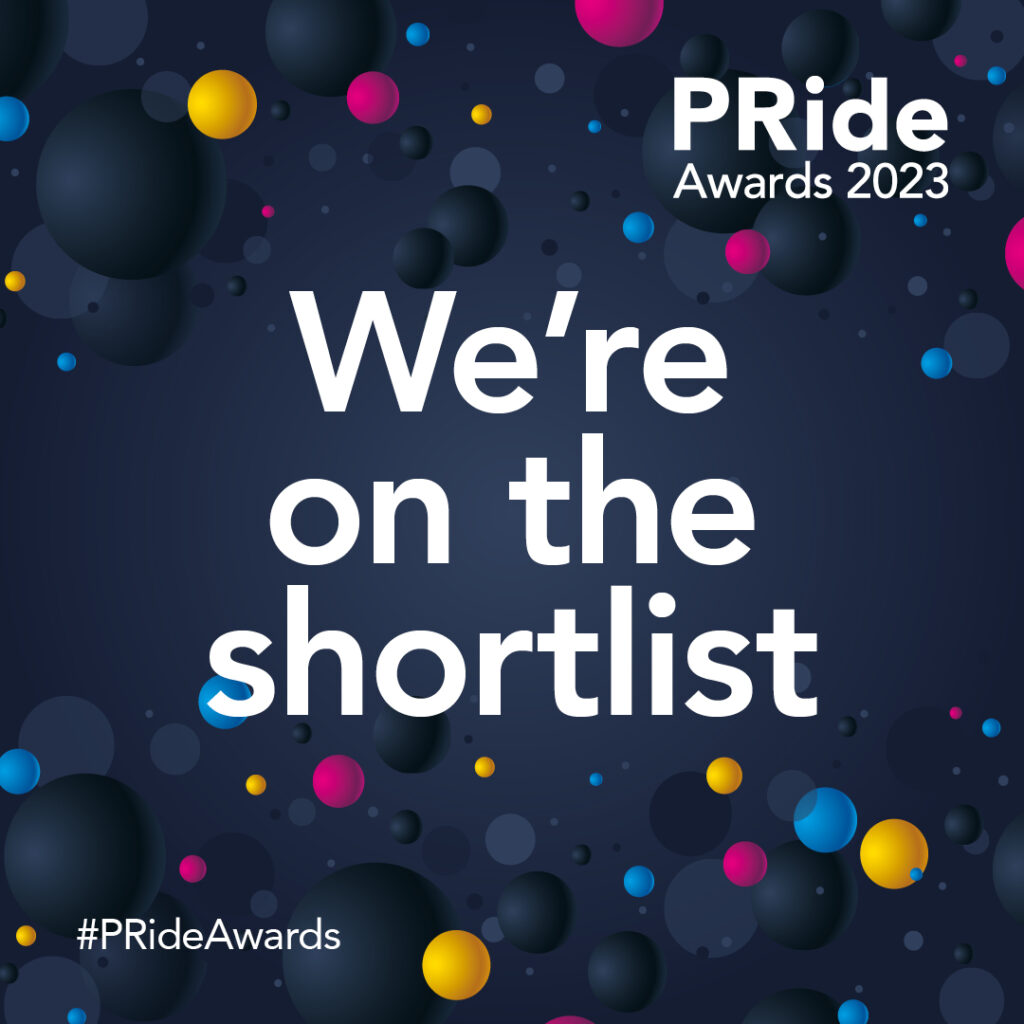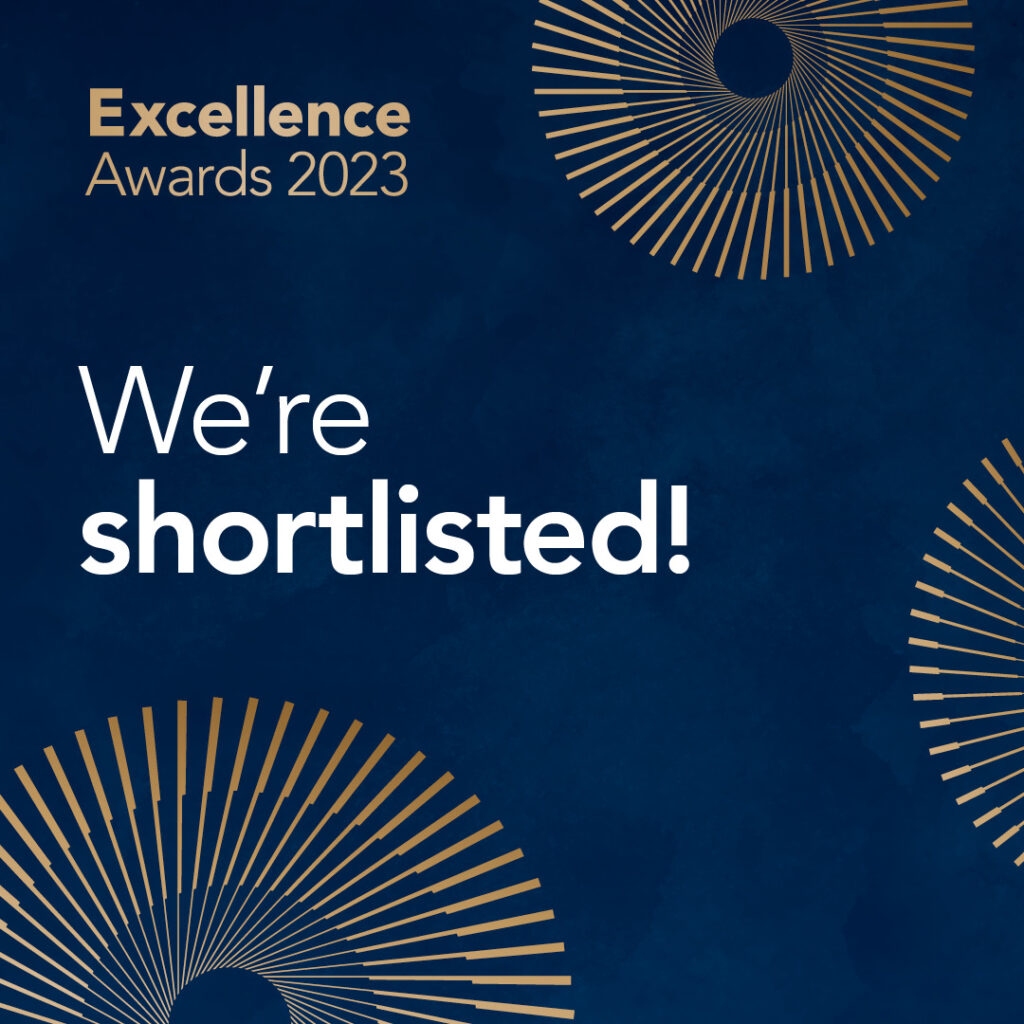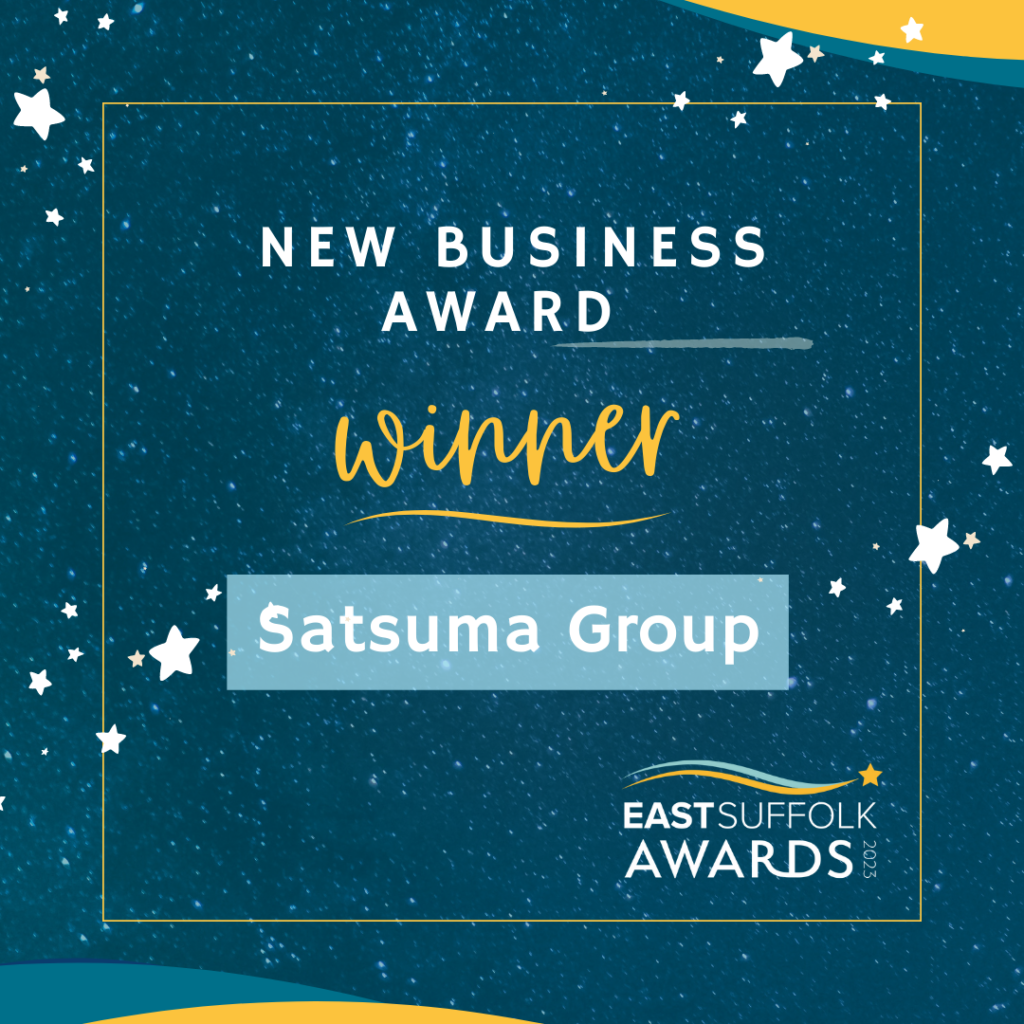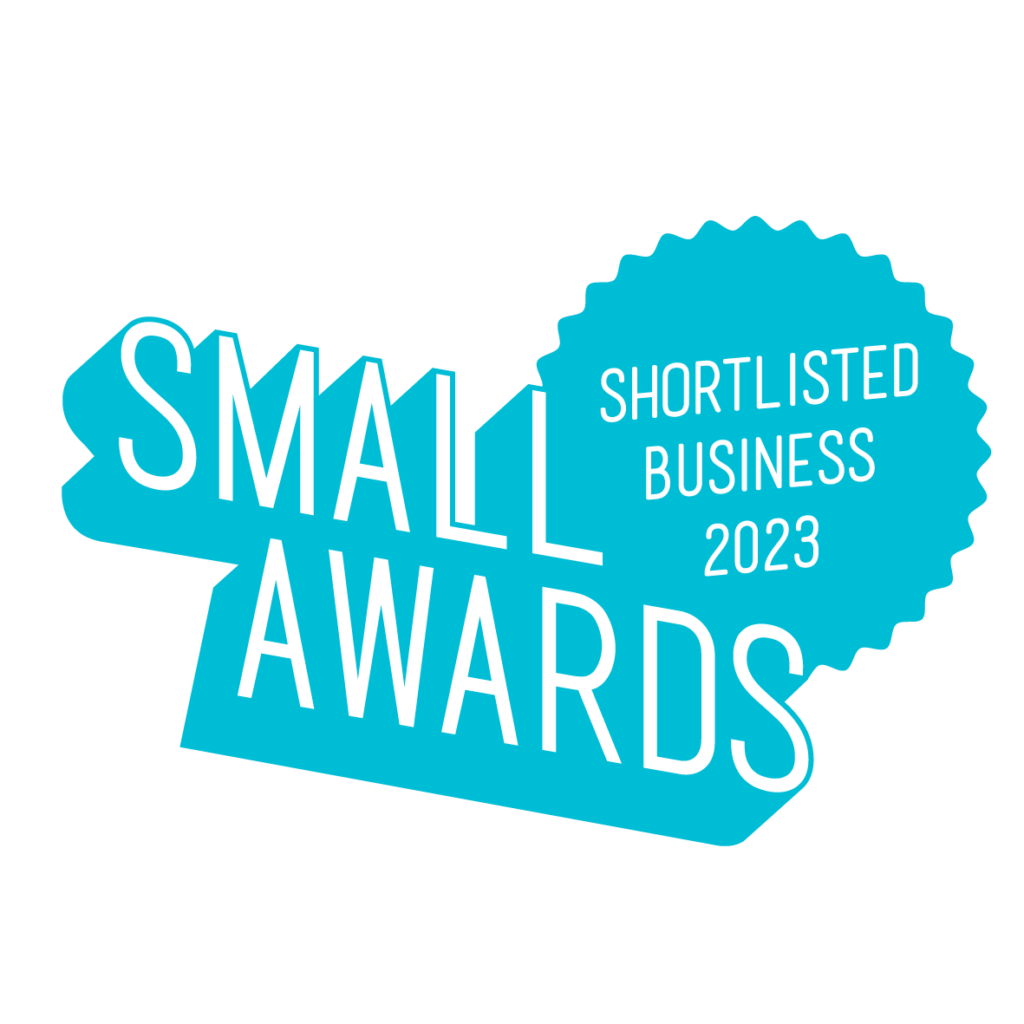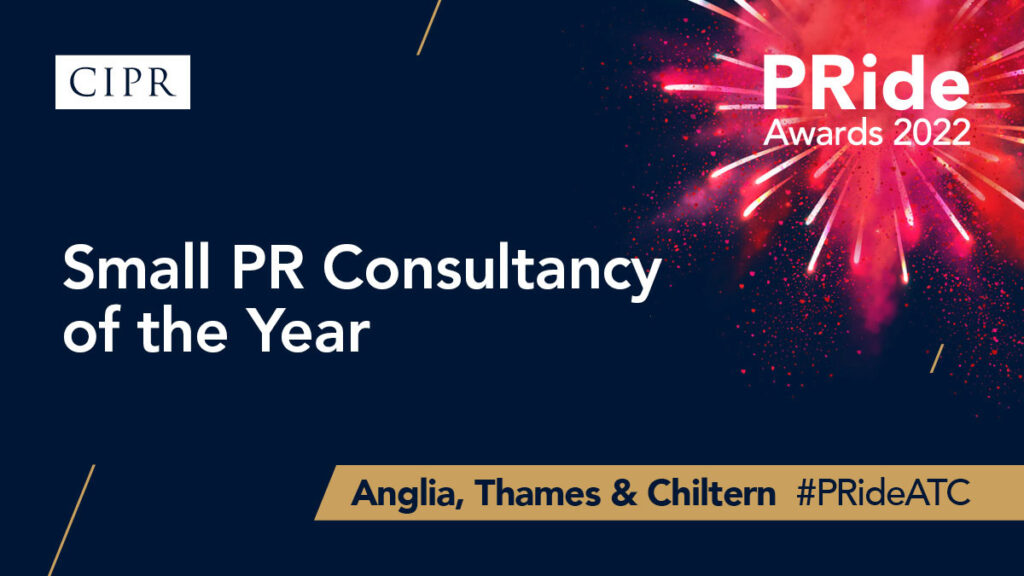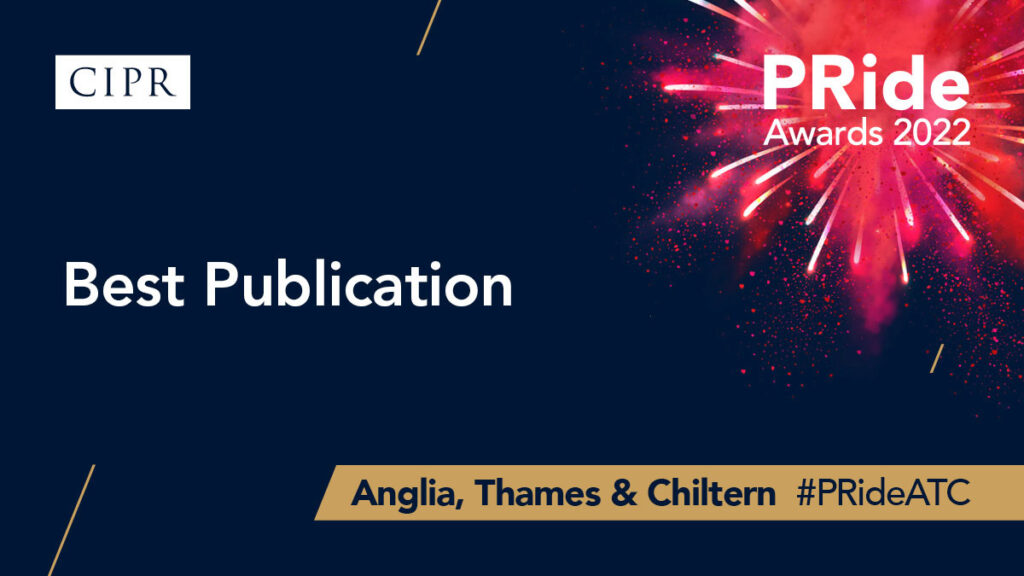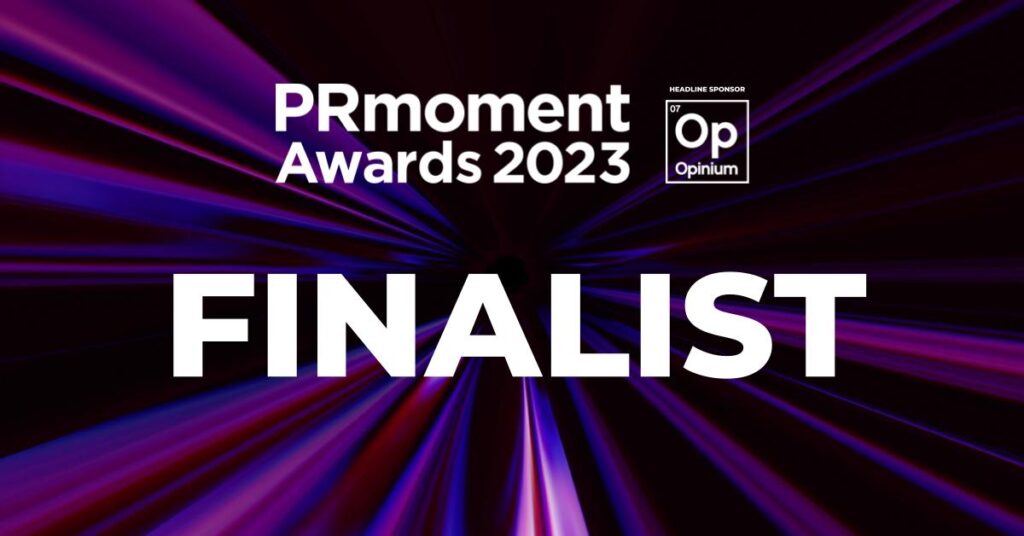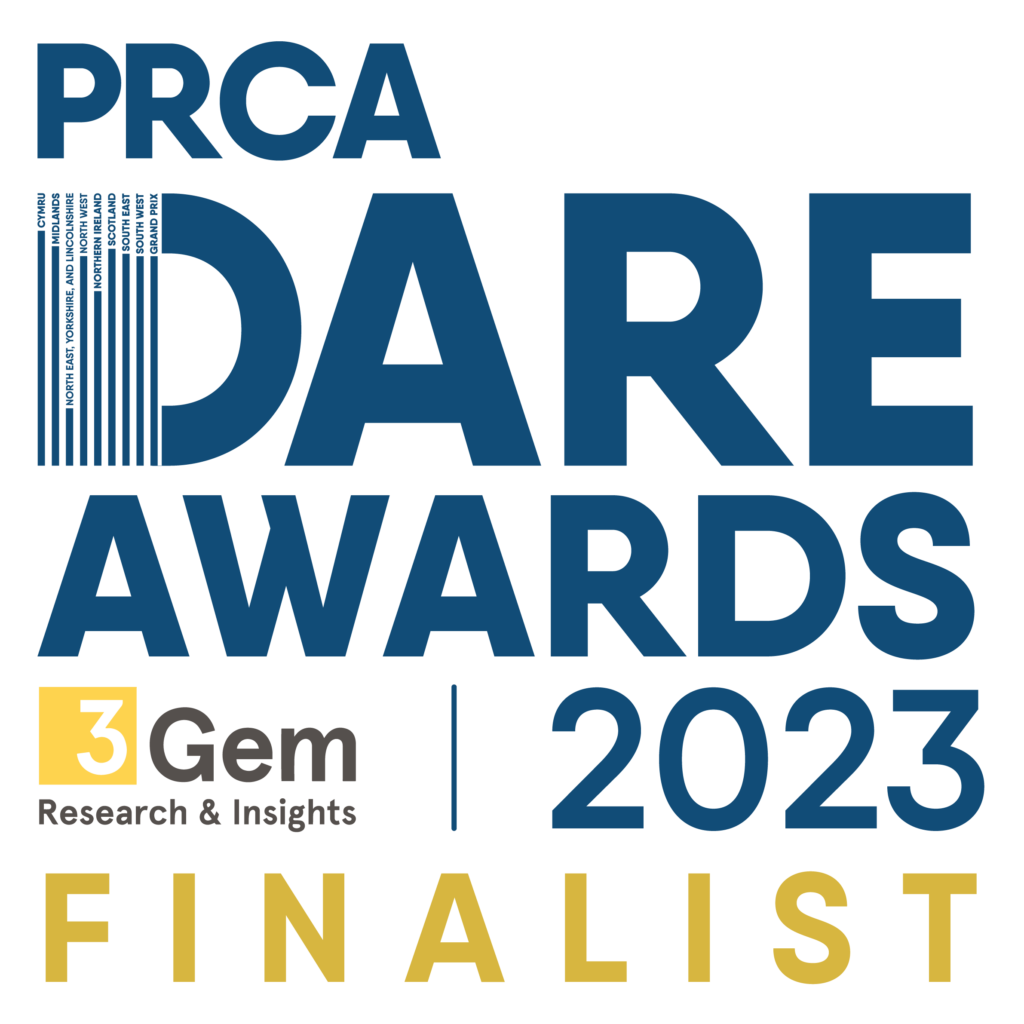The world is looking for answers to the threat of climate change and renewable energy is key to an energy transition that will help us reach our Net Zero goals.
Here, our Managing Director Ellen Widdup takes a deep dive into the pivotal role of effective communication in this ever-changing and challenging field.
The decarbonisation of the global economy is seeing a profound transition in the way we produce and consume energy with renewable energy maturing and diversifying over the last two decades.
But although renewable energy industry has experienced impressive growth, developers, investors, suppliers, and other stakeholders are facing a number of barriers to success, including substantial project delays, supply chain issues, legislative and policy structures, storage solutions, access to funding and planning and permitting.
Now, I am not for a second suggesting that PR professionals have all the answers here – we don’t.
But how you position your renewable energy brand, build your reputation, and communicate with politicians, the media and the public is central to accelerating progress. And we can certainly help with that.
So where do we begin?
Effective communication
From strategic communications and media relations to government relations and community engagement, clean energy companies must have a PR strategy in place to realise this once-in-a-generation opportunity.
Essentially, a strategy provides a road map for success where comms is concerned – helping you identify opportunities and navigate hurdles while building a positive public image, raising the reputation of your brand and your work and effectively communicating your mission.
We have worked on a number of strategies for our renewables sector clients – with impressive results.
Take our work with the Hydrogen Energy Association, for example.
We developed a communications strategy for this leading trade body outlining how to maximise engagement and reach the targeted objectives laid out in its vision, mission, and values statement.
With a focus on political journalists, lobbying MPs, and communicating a “common voice” for the organisation’s 120 members, we mapped out a plan linked to the business ambition, outlining the purpose, process and payoff for a raft of activities across a range of platforms.
All work was geared around audience profiling, the competitor landscape and key messages with key recommendations alongside measurement tools to monitor success.
Opportunities included publicising the work of working groups and their key positioning papers, supported by several cross-party MPs, supporting promotion of the HEA Annual Conference and several Parliamentary lobbying events and securing dozens of high calibre speaker slots – a superb way to engage with stakeholders.
This year alone we have secured extensive coverage in the Financial Times, Telegraph, Guardian and in numerous trade and energy sector publications, working on positioning the HEA as the voice of the industry in an increasingly crowded sector.
We have supported the HEA to collaborate with the Department for Energy Security and Net Zero on the Hydrogen Production Business Model funding rounds and extended our messaging beyond government and like-minded businesses into the public domain.
Our work on the HEA social channels has seen us secure a 110.9% growth in LinkedIn followers in four months, a monthly average of 20,300 page impressions and an average of 276 new followers per month.
Our key strength when working for this business has been in our ability to get under the skin of this sector.
We follow the hydrogen dialogue – not just in the UK but globally – and the wave of government support schemes introduced to guarantee viability for low carbon H2 projects from the launch of the US clean hydrogen production tax credit, the EU’s green H2 auctions, the German-led H2Global scheme, India’s National Green Hydrogen Mission and Australia’s Hydrogen Headstart and renewable hydrogen mandates in the Renewable Energy Directive (RED III) in Europe and contracts for difference (CfD) in Japan.
We have assisted with the communications opportunities for the HEA in the UK following a raft of announcements from our Department for Energy Security and Net Zero in 2023 too, including £400m backing for 11 major projects receiving capital and operational support under our first Hydrogen Allocation Round.


As former journalists, our team are experts at disseminating the complex with a history of covering regulatory agencies, court cases, conferences, law firms and political developments that shape the regulatory policy and enforcement landscape.
And that’s not all. Our press contacts in this space are superb which allows us to keep on top of the conversation and offer up our clients for comment at the most opportune times.
Make it work for you
With any communications strategy, you have to know who you want to speak to.
Your stakeholders are likely to include:
- Government agencies
- Industry partners
- Research and academic organisations
- Investors/funding groups
- Supply chain and service providers
- Environmental/conservation groups
- Local communities
- Utilities and energy operators
- International partners
- The media
- The general public
Next, you have to be very clear on what your objectives are and what you are hoping to achieve. Scope out your brief and then align this with KPIs – which will help measure the success of the work.
From here we can produce key messaging that will ensure a consistent approach to brand awareness looking at your positioning, differentiation and value propositions.
We then craft a compelling narrative that highlights your role in the energy transition and draft a plan which should detail the specific tactics that will be employed – such as media relations, political lobbying, social media, events, campaigns and influencer engagement.
By regularly engaging with media, industry influencers, and stakeholders to keep them informed about your initiatives, innovations, and milestones you can maintain a voice within the sector. Your comms provision should have press lists bespoke to your outreach and a calendar of opportunity to capitalise on.
Navigating the complexities of political stakeholders, government policies, and funding opportunities is paramount, and the role of your comms team is to establish strong relationships with local members, government officials and lobby for clean energy initiatives while engaging in constructive dialogue to ensure your interests align with the government’s sustainability goals.
Public perception is also key. Clean energy developments impact local communities, meaning community engagement is a critical aspect of any PR and communications strategy – and is where many projects face challenges.
Common challenges
Among challenges for communications in the renewable energy space is the use of jargon and acronyms which are commonplace across various technologies, such as solar, wind, hydro, biomass, geothermal, and hydrogen, each with its own terminology and specifications and across multiple disciplines, such as engineering, economics, policy, and social sciences, that have different vocabularies and frameworks.
Your comms team needs to be aware of the technical jargon and acronyms and be able to communicate clearly and concisely to prevent confusing or alienating your audience.
However, don’t forget that renewable energy projects often involve multiple and diverse stakeholders who have different interests, goals, and concerns – and may need different communication approaches.
Your comms team also have to navigate the innovation and change that characterises your sector and in this rapidly evolving clean energy landscape, you need to have a flexibility to your PR provision allowing you to adapt and adjust your approach accordingly.
Why use us?
Well first and foremost, chances are you are not communications experts. You are experts in your field – but can you get the most out of demonstrating that expertise in the right places at the right time? Probably not. So using an expert in this area will certainly add value.
But are we the right fit? Well, we have a lot of experience in this sector and our work with a number of clients in this space has assisted with their success and growth.
We have experience in offshore wind and solar projects as well as emerging technologies like green hydrogen and are therefore well placed to understand your challenges and help you communicate your values, achievements, and goals, enhancing stakeholder engagement, building trust and driving innovation.
But what makes us really stand out is that your work really matters to us. We want to be shouting from the rooftops about it.
The science is very clear that we must reach Net Zero globally by 2050 to avoid the worst impacts of climate change. And now more than ever, we’re aware of the damaging effects that our current dependence on fossil fuels holds for our collective futures.
Although humans have done irreversible damage to the environment, there’s still hope in how we maintain and mitigate repercussions for future generations.
And sustainable energy is at the forefront of this. That means what you do matters to us all. And as an agency, it’s become a key sector that we want to channel efforts into.
Let us help shape the ongoing conversation on your behalf.
Contact us to find out more.





